
I can't say I've understood any poem by T.S. Eliot, even after reading the explanations by the scholars. But I keep reading them, because the language traps me.
A couple of lines in Ash Wednesday:
Struggling with the devil of the stairs who wears
The deceitful face of hope and of despair.
Climbing three sets of stairs, the climber first has to get past the devil with that deceitful face and then at the third landing (as I envision it) he finds,
Strength beyond hope and despair.
I have wondered about asking for "hope" or just engaging in the act of "hoping." How can we hope if we have faith. James says something like this: "Sisters and Brothers, consider it pure joy when you face trials of many kinds. These trials test your faith and bring you patience. Patience causes you to mature and gives you wisdom."
James doesn't say hope for something else, but have joy in the trials you have. The proper response is patience, not hope. And of course, despair is just the bad side of hope. Patience replaces despair as well as hope.
Eliot writes that despair and hope are both falsehoods worn by the devil and there is a strength that gets you past them.
I like this. If, as I suspect, God has made each of us exactly who we are, then pride and shame are false emotions; we are what God made. If, as I suspect, God has made the whole world, past and future, hope and despair are false emotions; the world will be tomorrow just what God planned.
Differently put for the more secular among us: If, as I suspect, we are each determined to be who we are by our heredity and environment, then pride and shame are false emotions; we are what the universe has made us to be. If, as I suspect, past and future are determined by the laws of the universe, hope and despair are false emotions, the world we be tomorrow exactly what it must be based on forces in motion from long in the past.
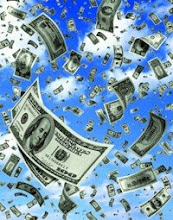
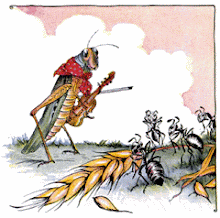








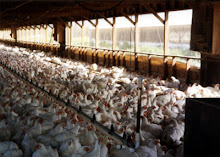















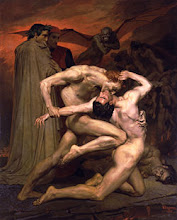_-_Dante_And_Virgil_In_Hell_(1850).jpg)



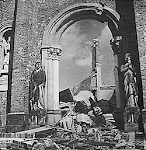











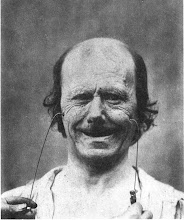
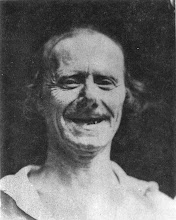


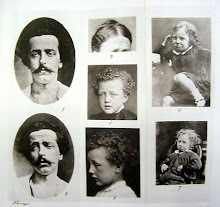






















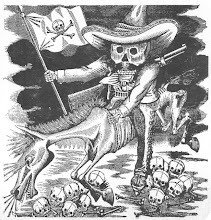












No comments:
Post a Comment